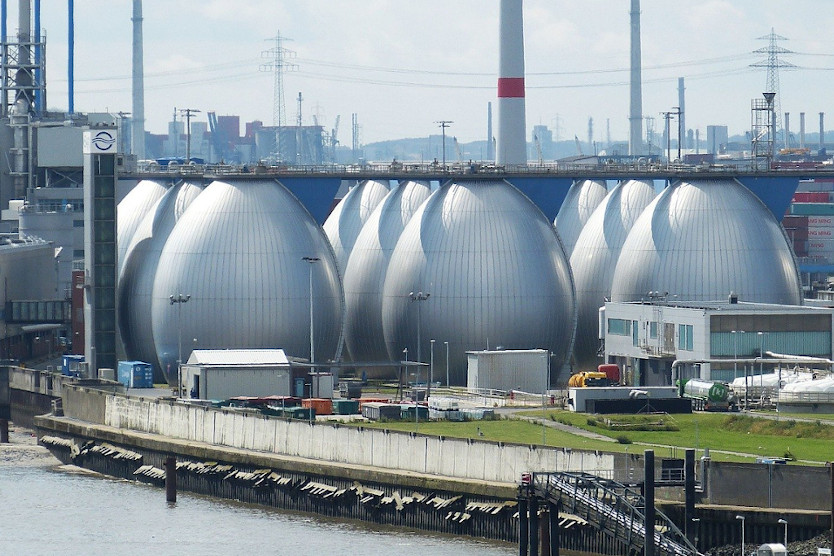
The wastewater generated from Baden-Württemberg’s plants could heat between five and ten percent of all buildings in the state.
© pixabay
It has long been known that wastewater from sewage plants can be a cost-effective source of heat with low CO2 emissions, but nonetheless its potential remains largely unexplored. Now the state of Baden-Württemberg in southwestern Germany has taken the initiative by starting a research project to investigate the potential and possibilities of recovering this otherwise wasted energy source from sewage treatment plants.
Kicking off the project on May 21, the state’s new Environment Minister Thekla Walker announced in a press release: "With the new project, we are identifying the potential in the state for climate-friendly heat generation and thus advancing the heat turnaround in Baden-Württemberg". Her department is funding the first stage of the initiative with 170.000 Euros.
Theoretically, the wastewater generated from Baden-Württemberg’s plants could heat between five and ten percent of all buildings in the state, which represents a substantial reduction in CO2 emissions. The project partners, led by the DWA’s Regional Association of Baden-Württemberg (responsible for water, wastewater and waste) and including the Institute for Energy and Environmental Research (ifeu), IBS Ingenieurgesellschaft and various advisory bodies, will first identify five to ten locations from 900 potential plants.
When this stage is completed in summer 2022, the implementation phase, which includes design, planning and installation of plants, will follow quickly on its heels. "It is particularly important to me that we move from knowledge to action," says minister Walker in the release.
It is hoped that the project will serve as a blueprint for wastewater heat utilisation throughout the country, providing important findings that cities and urban districts can use in preparing their municipal heat planning by the end of 2023.


